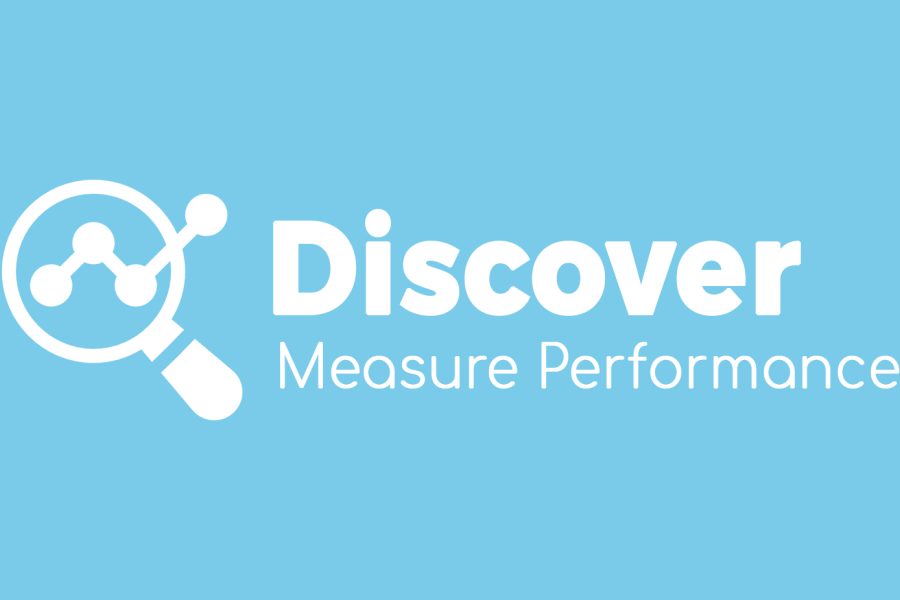Telephone interactions are often the first point of contact between a customer and a business, and they play a pivotal role in shaping customer perceptions.
This is where telephone mystery shopping can be beneficial, a service intricately designed to assess and improve the quality of customer service over the phone. By closely examining interactions, businesses can pinpoint specific areas for improvement, ensuring that the phone experience is as engaging and helpful as in-person services.
Not to mention, telephone mystery shopping can be a key tool for understanding the ins and outs of voice-based customer service, allowing businesses to fine-tune their approach and ensure a cohesive customer experience across all touchpoints.
The Role of Telephone Mystery Shopping
Telephone mystery shopping involves experienced mystery shoppers conducting calls and interacting with businesses in the same way any other customer would. This allows businesses to obtain an unbiased view of their customer service skills. By using the award-winning Behavioral Measurement Score® (BMS®) to measure and develop the key behaviours that impact the customer experience, businesses can focus their time and attention on what matters most. Telephone mystery shopping can have a direct impact on customer satisfaction and reputation

Consistency Across All Customer Interactions
The importance of consistently delivering exceptional customer service, regardless of the interaction channel, cannot be overstated. Inconsistent service can lead to a fractured customer experience, affecting brand perception.
Telephone mystery shopping ensures that the quality of service offered over the phone meets and exceeds customer expectations, aligning with the service quality across other channels like in-person and email interactions. This is crucial in presenting a unified brand image and voice, which helps in building trust and credibility with customers. Furthermore, by maintaining high standards across all touchpoints, businesses can effectively foster a loyal customer base that feels valued and understood in every interaction.
Gaining Valuable Insights
Telephone mystery shopping provides valuable insights into how customer service teams interact with customers over the phone. These insights are instrumental in identifying areas of strength and opportunities for improvement. By understanding how staff handle various customer scenarios, businesses can tailor their training and development programmes to enhance overall customer service skills.
This approach also allows for the benchmarking of customer service performance against industry standards, ensuring that a business remains competitive and responsive to customer needs. It also encourages a culture of continuous learning within the organisation, as employees receive direct feedback on their performance and see the tangible impact of their interactions on customer satisfaction.
Common Telephone Mystery Shopping Questions
To effectively assess the quality of telephone interactions, specific questions are designed to evaluate various aspects of the call. Mystery shopping can be tailored to your business’s unique needs, but some common telephone mystery shopping questions include;
How promptly was the call answered? – This measures the efficiency and accessibility of your telephone service.
Was the customer greeted professionally and warmly? – This assesses the tone and manner of the greeting, setting the stage for the call.
How well did the employee understand and address the customer's needs? – This evaluates the ability to respond effectively to customer queries.
Was the employee knowledgeable and confident in their responses? – This checks the product or service knowledge.
Did the employee offer additional assistance or information? – This assesses how proactive the customer service is.
How was the overall call experience from a customer’s perspective? – This provides a general overview of the customer's satisfaction with the call.
Performance in People uses BMS® to accurately record staff behaviours including friendliness, professionalism, interest and helpfulness. Using a stringent library of characteristics that define these behaviours.






